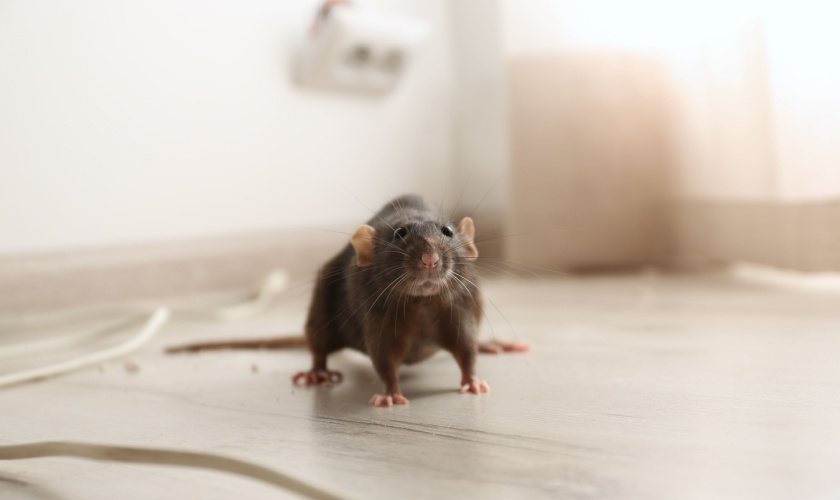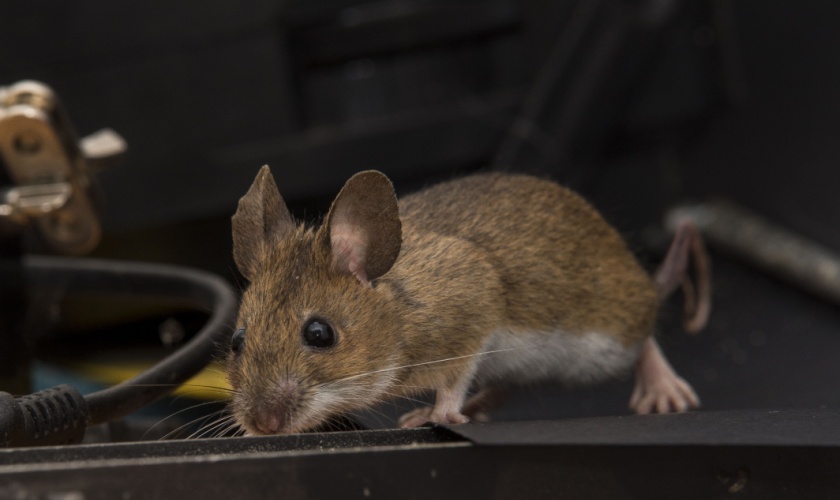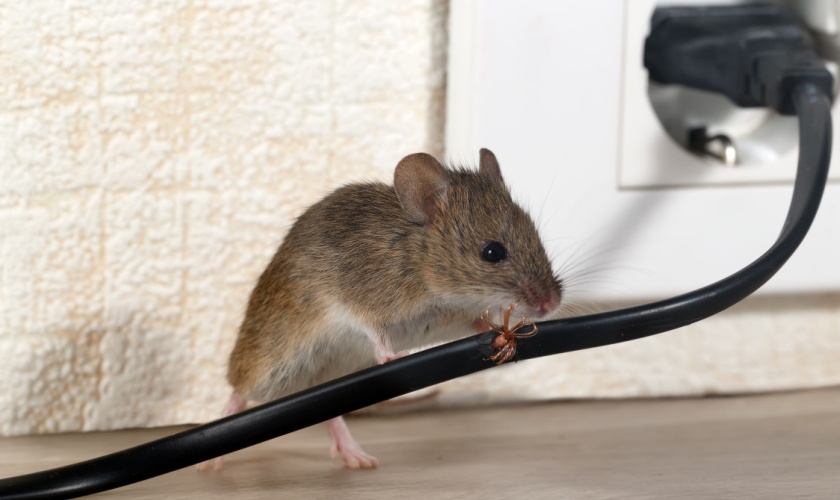When faced with a rodent problem, many homeowners wonder if they can handle the situation on their own. DIY rodent control methods, such as traps and poisons, are widely available and seem like a quick and cost-effective way to solve the problem. But can you truly get rid of a rodent problem on your own, or is professional help necessary? Let’s explore the pros and cons of DIY rodent control and whether or not it can effectively solve your infestation.
DIY Rodent Control: What Works and What Doesn’t
There are many DIY rodent control options available. Snap traps, live traps, glue boards, and rodenticides (poisons) are some of the most common tools homeowners use to try and tackle a rodent problem. In theory, these methods can reduce the number of rodents in your home, but they often fall short in addressing the entire problem.
The Limitations of DIY Solutions
One of the biggest challenges with DIY methods is that they typically only address the visible rodents. You might catch a few mice or rats with traps, but rodents are excellent at hiding. They often nest in hidden places like inside walls, attics, or crawl spaces, making it hard to know the full extent of the infestation. Without eliminating all the rodents, the problem will continue to grow.
Another issue with DIY rodent control is that traps and poisons don’t address the root cause of the problem. If you don’t identify and seal the entry points where rodents are getting into your home, they will keep returning. It’s easy to overlook small cracks or gaps that rodents can squeeze through, which allows them to come and go freely.
Additionally, rodent poisons can be dangerous if not handled properly. Many store-bought rodenticides are toxic to pets and children, posing a significant health risk. Misusing traps or placing them in high-traffic areas can also lead to unintended consequences.
Rodent Reproduction Complicates DIY Efforts
Rodents, especially mice, reproduce quickly. A single pair of mice can produce several litters in a year, meaning a small infestation can rapidly turn into a larger one. DIY methods may catch a few rodents, but they rarely solve the entire problem. As the remaining rodents continue to breed, the infestation can spiral out of control.
When DIY Rodent Control Can Help
There are some cases where DIY methods can be effective, particularly if you catch the problem early and there are only a few rodents. Traps can help you catch visible rodents, and sealing up obvious entry points may keep more from getting inside. However, this approach works best for minor infestations and isn’t as reliable for larger or more established rodent problems.
The Advantages of Professional Rodent Control
While DIY solutions may provide temporary relief, professional pest control is often the most effective way to fully eliminate a rodent infestation. Pest control experts have the training and experience to assess the extent of the problem, find hidden nests, and apply targeted treatments that get to the root of the issue. They also know where to look for entry points and can seal them up to prevent more rodents from getting inside.
Long-Term Prevention
One of the biggest advantages of professional pest control is the focus on prevention. Pest control professionals don’t just eliminate the current infestation—they also take steps to prevent future infestations. They’ll inspect your home, identify potential entry points, and offer advice on how to make your home less attractive to rodents. This might include proper food storage, removing clutter, and sealing any cracks or gaps around your home.
In the long run, professional rodent control can save you time, frustration, and money by preventing ongoing infestations. It provides peace of mind knowing that the problem has been fully addressed, rather than just temporarily managed.
When to Call in the Experts
If you’ve been trying DIY methods and the problem isn’t getting better, or if you suspect that the infestation is larger than you initially thought, it’s time to call in a professional. Rodents can cause significant damage to your home and pose health risks to your family, so it’s important to deal with the issue before it gets out of hand.
While DIY methods might seem like an attractive option at first, professional rodent control is the best way to ensure that the problem is fully resolved. With the right help, you can protect your home from future infestations and keep your family safe from the dangers rodents bring.


